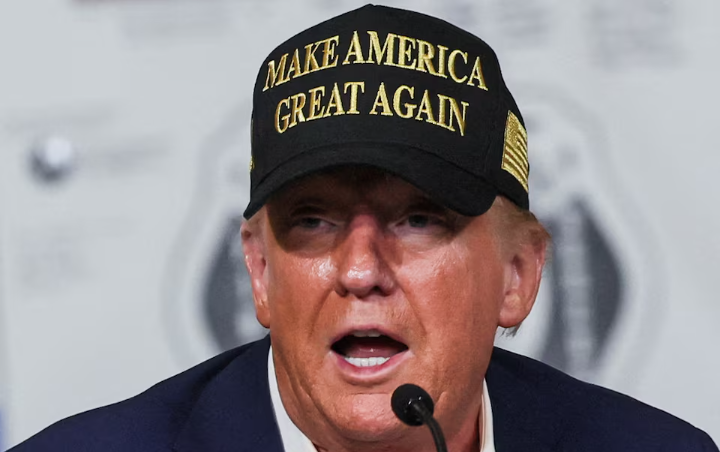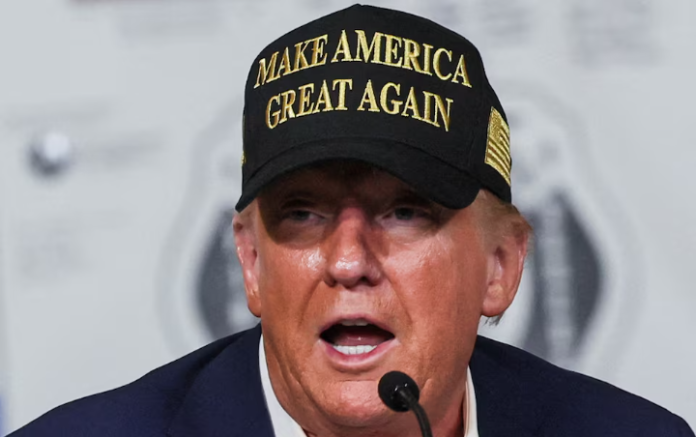U.S. President Donald Trump is facing widespread criticism after abruptly firing 17 independent inspectors general (IGs) late Friday night. This controversial decision, described by opponents as a “purge,” has raised concerns about legality and accountability in government oversight.
The dismissals, affecting key agencies like the Departments of State, Defense, and Transportation, reportedly violate a federal law that mandates a 30-day notice to Congress along with detailed reasons for the terminations. The Council of the Inspectors General on Integrity and Efficiency (CIGIE), an independent watchdog group, described the firings as “plainly illegal” in a letter to the White House, urging further consultation with legal advisors.
Senator Adam Schiff, a Democratic critic of Trump, denounced the firings, stating that they undermine governmental accountability. “Trump wants no accountability for malfeasance in office,” Schiff posted on X (formerly Twitter), accusing the president of attempting to erode oversight mechanisms.
When questioned aboard Air Force One, Trump defended his actions, labeling them as “a very common thing to do,” but offered no clarity on who would replace the terminated IGs. Among the watchdogs dismissed was John Sopko, the special inspector general for Afghanistan reconstruction, despite his term nearing its natural conclusion in September.
The firings, which come less than a week after Trump’s second-term inauguration, sparked bipartisan concern. Republican Senator Chuck Grassley, a staunch supporter of government oversight, demanded transparency from the president. “There may be good reasons the IGs were fired. We need to know that if so,” Grassley remarked. However, another Republican, Senator John Barrasso, expressed confidence that Trump would act wisely in appointing new inspectors.
Democratic Senate Leader Chuck Schumer criticized the firings as a “chilling purge,” suggesting it signals a broader disregard for the rule of law under the new administration. The actions align with Trump’s ongoing efforts to reshape the federal government, which have included rescinding diversity programs and sidelining national security officials.

The dismissals also highlight a deeper concern about Trump’s historical approach to watchdog officials. During his first term, he fired five inspectors general within two months, including the State Department IG involved in his impeachment investigation. Critics argue that this pattern reflects a broader effort to replace independent oversight with political loyalists.
Congress has strengthened protections for inspectors general in recent years, making it harder to remove them without thorough justifications. Yet, this latest round of firings raises questions about the effectiveness of those safeguards and the potential consequences for government transparency.
As legal experts and lawmakers continue to debate the firings, one thing is clear: the dismissals have ignited a national conversation about the balance between executive authority and accountability in a democracy.



